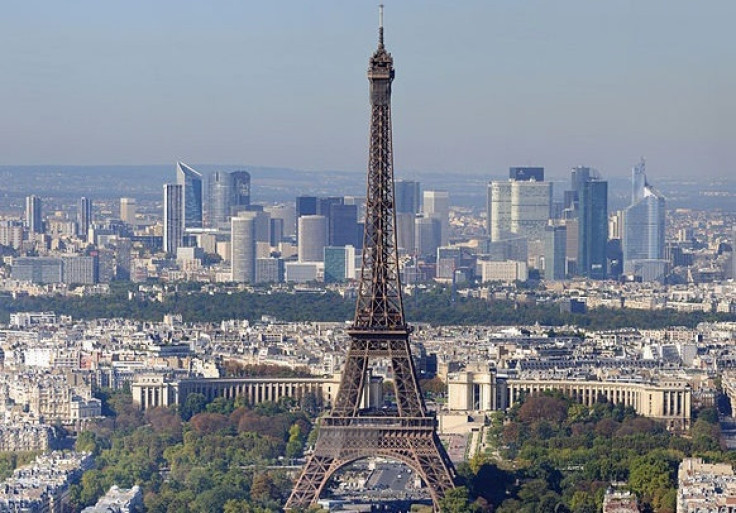French Recession - Europe's Second-Biggest Economy Fell Into Recession In First Quarter: Report

March data for France's industrial production and industrial trade will confirm that the country officially re-entered recession in the first quarter of 2013. Final figures, due out May 8, are expected to show that French GDP fell by around 0.2 percent in 2013's first quarter, following 2012's fourth quarter contraction of 0.3 percent.
Meanwhile, March's industrial production proved to be slightly worse than the consensus forecast -- at 0.9 percent instead of 0.2 percent -- a decline that more than offset the previous month's slight rise. With two consecutive quarters with key indicators in decline, France will officially be considered in recession.
"Consumer spending will continue to be hit by fiscal tightening -- while President Hollande has said that France will miss its deficit target this year," said Jennifer McKeown, a Capital Economics senior European economist, in an analyst note. "This is because of weaker-than-expected activity rather than any easing of the discretionary fiscal squeeze."
The recession will likely deepen in Q2 and beyond, according to McKeown, who expects a far weaker-than-consensus 1.5 percent fall in French GDP for the entire year. She also says that the unemployment rate is at 11 percent and rising and that the composite PMI has been pointing to quarterly falls in French GDP of around 1 percent for a number of months.
The European Commission says France's recession will be partly attributable to slowing business investment and weak consumer spending. The Commission announced May 3 that it expects France's overall economy to contract by 0.1 percent in 2013, a figure revised from the 0.1 percent expansion it had forecast in February. The Commission also revised its 2014 growth outlook from 1.2 percent to 1.1 percent growth. By rejoining the southern and peripheral economies in recession, France's outlook, McKeown said, is "a very bad sign for the eurozone."
© Copyright IBTimes 2024. All rights reserved.












